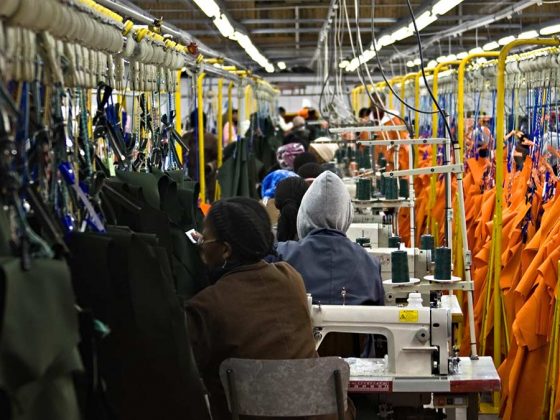CHINA BRIEFING FOR INVESTORS
Limiting Foreign Investment in Chinese Education
In August 2018, the Chinese Ministry of Justice issued a Circular seeking public comments on the recently updated Promotion of Private Education (Revised Draft) law, which cuts a clear line between government non-profit schools and private education businesses by restricting foreign capital investment in certain education entities in mainland China. The proposed regulatory changes resulted in share prices falling between 18.7% and 40% across China-focused education companies right after the announcement on 14 August 2018. The new legislation seeks to bar foreign for-profit education firms from benefitting from the resources that government non-profit schools exclusively receive, such as land rights and lower tax rates. Previously, it was common for foreign entities to partner with local government-owned schools in order to circumvent higher tax rates and lessen government scrutiny during the licensing process.
Foreign Investment in Compulsory Education
The number of international schools in mainland China grew by roughly 30% annually over the past four years, driven primarily by the increasing number of middle- and upper-class families. The proposed legislation bans Variable Interest Entity (VIE) arrangements and foreign investment in compulsory education for both public and private schools (compulsory education, from grade 1 to grade 9, covers primary and junior school). In November 2018, the Chinese government also released a policy prohibiting private kindergartens from selling shares to the public and preventing publicly listed companies from investing in private kindergartens through either share sales or cash injections. In 2017, school managers in Shanghai acknowledged that foreign investors could apply to form joint ventures with Chinese educational institutions to run kindergartens and high schools, but they could not do so for schools that provide compulsory education . This ban on investment in compulsory education is likely due to the government’s goal to standardize the compulsory curriculum for Chinese nationals.
Education License and Permits
In general, foreign schools should hold qualifications equal to or higher than those of Chinese schools. However, it takes longer for foreign investors to obtain an education license in mainland China when compared to government-backed schools. In order to set up new schools, foreign education groups often acquire or merge with schools that already have a license. The groups are essentially buying the licenses from other schools instead of going through the licensing process. One of the main goals of the proposed legislation to block foreign education groups from circumventing the standard licensing process so that new schools and curriculums can be properly reviewed by the Chinese government.
Local Government Policy
In addition to national policy, local governments also have discretion over school accreditations and land approvals for campuses. For example, the Shanghai municipal government is known for adopting stricter requirements than the government in Shenzhen, especially regarding where foreign investment is allowed. The proposed legislation in August 2018 states that pre-school, primary and middle schools shall receive approval from the Education Bureau at the district level. This centralization of approval will allow for a more standardized approach to school requests as well as increased oversight by the Education Bureau.
The Revised Draft issued in August 2018 was expected by those in the industry, as oversight of the sector was recently tightened in 2017. Education investors need to keep track of the development of such regulations at both national and local levels and consider the regulatory risks before they come into effect.
For more information, please contact Susan Wu, Director at Blackpeak (swu@blackpeakgroup.com) or Qiaoyun Zhao, Senior Associate at Blackpeak (qyzhao@blackpeakgroup.com).
This briefing note was produced by Blackpeak for use by the recipient. This is intended as general background research and is not intended to constitute general or specific advice on any particular commercial, investment or business matter or issue and should not be relied upon for such purposes. No part of this publication may be reproduced, duplicated or published without the prior consent of Blackpeak and appropriate attribution.




